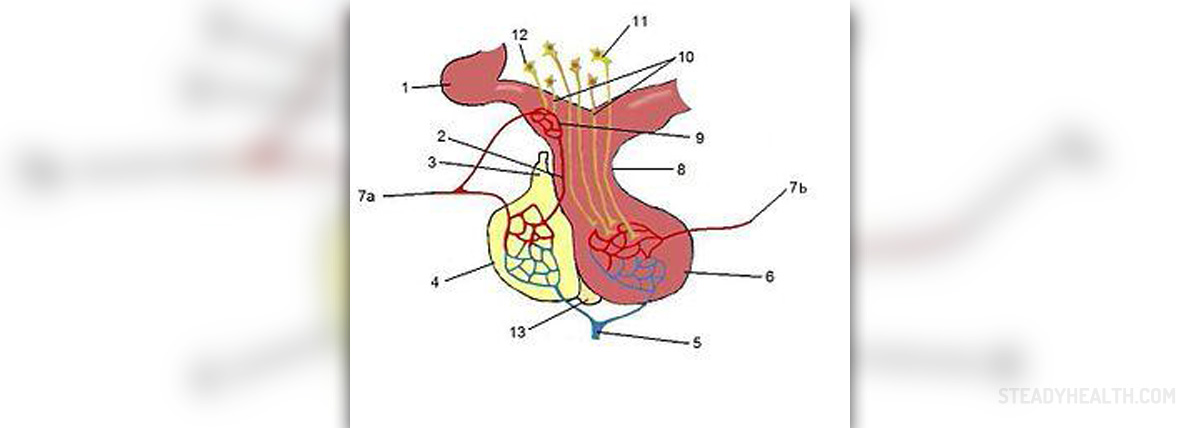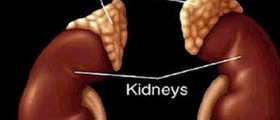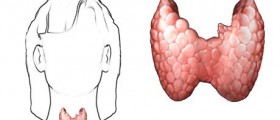
Pituitary tumors are abnormal growths that form inside the pituitary gland. They can all be classified into benign pituitary adenoma, invasive pituitary adenomas and pituitary carcinomas. While benign pituitary adenomas grow very slowly and never spread to other parts of the brain or the rest of the body, invasive pituitary adenomas are pathohistologically benign tumors which posses the ability to grow significantly and affect the nearby structures such as the bones of the skull or sinuses. Finally, pituitary carcinomas are malignant tumors which easily spread to other areas of the central nervous system. Fortunately, in majority of cases the gland is affected by benign (noncancerous) tumors.
Non-functioning Pituitary Tumors
Non-functioning pituitary tumors produce no hormones and the only symptoms and signs they are responsible for are related to their size and the tissues they affect, invade or compress. In some cases the tumor may compress certain parts of the gland in charge with production of some hormones and, this way, cause cessation of the particular hormone production.
In many cases non-functioning pituitary tumors cause headache of different intensity, problems with vision or different degree of vision loss, loss of body hair, in women absence of menstrual periods, in men loss of facial hair, impotence and growth of breast tissue. In children non-functioning pituitary tumors may be blamed for slow growth and impaired development.
If the tumor is large it may cause increase in intracranial pressure. Such condition apart from severe headache causes nausea, vomiting and sometimes loss of consciousness.
Functioning Pituitary Tumors
The pituitary gland normally produces several hormones. Prolactin is essential for production of milk during pregnancy and after childbirth. Adrenocorticotropic hormone (ACTH) is a powerful stimulator of the adrenal glands, responsible for their normal functioning. Growth hormone, another hormone of the gland, is of major importance for body growth and development. It additionally controls balance of sugar and fat. Thyroid stimulating hormone, as the name suggests, controls the thyroid gland. Luteinizing hormone (LH) and follicle-stimulating hormone (FSH) are important female hormones, in charge with maintaining normal menstrual periods. They also stimulate sperm production in men.
Depending on the hormone the pituitary tumor produces, patients develop different set of symptoms and signs.
For instance, prolactinoma causes headache, vision loss, loss of menstrual periods and infertility. In men prolactinoma may cause impotence. One more typical sign of prolactinoma is flow of breast milk in women who are neither pregnant not breastfeeding.
Excess of ACTH is connected with weight gain in the face, neck and trunk, formation of a lump on the back of the neck, large, purple stretch marks, bruising, hirsutism, osteoporosis and mood changes (anxiety, irritability, depression etc).
Tumor that produces growth hormone are to blame for acromegaly in adult patients and gigantism in children.
Excess of thyroid hormones is associated with irregular heart beat, tremor, weight loss, trouble sleeping and other symptoms and signs which occur when the level of thyroid hormones is elevated.
Finally, the very presence of functioning pituitary tumor, its growth and compression or invasion of the nearby tissues also cause symptoms similar to those in case of non-functioning pituitary tumors.












-In-Adults_f_280x120.jpg)




Your thoughts on this
Loading...